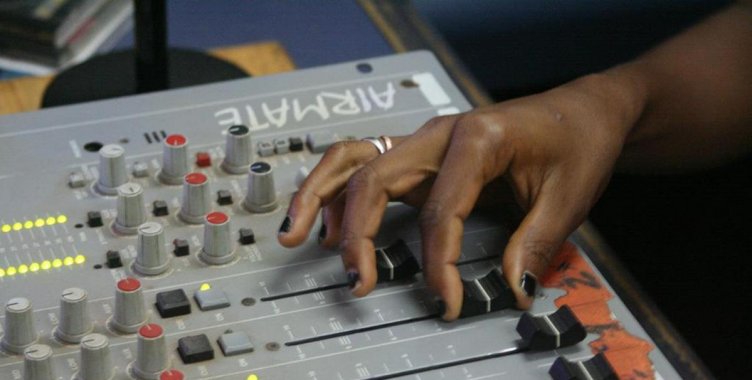Speaking to Lusa, the secretary general of the SJA, Teixeira Cândido, considered that online radio stations maximize the possibility for citizens to access all types of content, even when outside Luanda, as they are not limited to local radio stations or the Rádio Nacional de Angola (public), the only one with coverage throughout the country.
The union leader highlighted that, despite there being five or six provinces with more than one radio, the vast majority continue to depend on the state-owned Rádio Nacional de Angola, which is why he welcomed the existence of digital aggregator platforms, through which "citizens have the possibility of following other radio stations even if they are, for example, on Cuando Cubango or Cunene".
For Teixeira Cândido, "fortunately, online radio stations are starting to be a trend", the legal requirement for the establishment of local radio stations no longer makes sense.
"It is a great advantage for society, as it reduces costs, breaks down border barriers and even devalues, for example, the legal requirement for local radios. Today we have in the Broadcasting Law, specifically, several types of radio, commercial radio stations, which are local, can only broadcast in one province, and we have national radio", he said.
Teixeira Cândido maintained that this classification and this legal requirement, in the face of digital radios, "loses all strength, it has no reason to exist", because "those who are on Cunene today follow the broadcasts via social networks, via the Internet, radio, which is a great advantage for democratization and freedom of expression in particular".
The secretary general of the SJA lamented that Angola still does not have community radios, despite the Press Law having been revised at the end of 2021.
"There was a review of the Press Law, which established, for the first time, community radio stations (...), but only associations and foundations can have community radio stations, which from our point of view does not make sense", he stressed.
This imposition, continued Teixeira Cândido, "violates the principle of equality, ignoring the fact that communities are organized, for example, by sobados".
"The second note is: who today can easily form an association, if not those in Luanda? That is, I am subjecting a hidden community, for example, that does not even have access to the most basic administration services, to having to set up an association, with all the bureaucracy that this entails, to then be able to access a radio", he added.
In this way, considered Teixeira Cândido, we are indirectly refusing access to people's information.
According to the union leader, this rule goes against the constitutional right of citizens to have access to the creation of a radio station.
"We had the legal consecration, but this consecration ends up being giving with the left and taking with the right and to this day there are no community radio stations. Despite the law having been approved two years ago, despite the regulation having to be in at least 90 or so days, because the law requires the Ministry to regulate the law, the truth is that it is not regulated. Today we are one of the few countries in Southern Africa that do not have community radios", he summarized.







